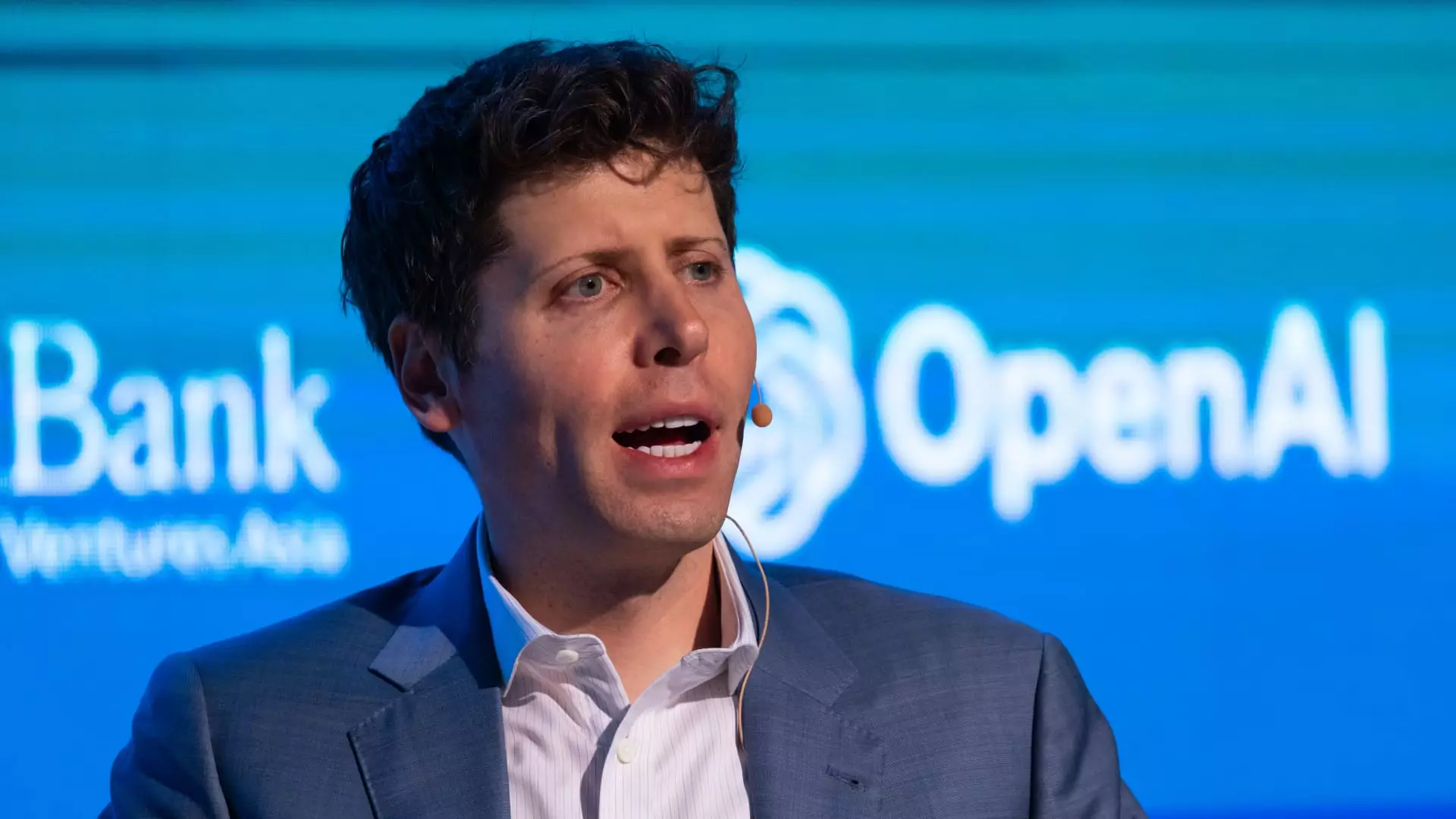The Center for Investigative Reporting, a long-standing nonprofit newsroom, has filed a lawsuit against OpenAI and Microsoft, accusing them of copyright infringement. The lawsuit, which was filed in federal court, alleges that OpenAI used CIR’s content without permission or compensation, specifically pointing to the ChatGPT chatbot’s reliance on news stories for providing answers to user queries. This action follows similar lawsuits from other publications such as The New York Times, Chicago Tribune, and the New York Daily News.
The CIR claims that OpenAI had a choice when populating its training sets with works of journalism – to respect the content or not. According to the lawsuit, OpenAI chose the latter, leading to the unauthorized use of CIR’s valuable material. The CEO of CIR, Monika Bauerlein, accused OpenAI and Microsoft of “free rider behavior” for using their stories without permission or compensation. The lawsuit also alleges that OpenAI trained ChatGPT to disregard copyright, further exacerbating the infringement issue.
The CIR is seeking damages from OpenAI and Microsoft, including actual damages and profits, or statutory damages per infringed work and DMCA violation as per the Digital Millennium Copyright Act. This legal battle highlights the challenges faced by the news industry as AI-generated content becomes more common. With revenue streams dwindling, news organizations are increasingly vigilant about protecting their content and business interests from unauthorized use.
While some news organizations are taking a stand against OpenAI, others are forging partnerships with the AI company. Time magazine recently announced a multi-year content deal with OpenAI, allowing access to their archives for use in ChatGPT. Similarly, News Corp. and Reddit have partnered with OpenAI to train their AI models on published content. These collaborations raise questions about the balance between content creation, intellectual property rights, and technological advancements in the digital age.
The legal battle between the news industry and OpenAI underscores the complex relationship between traditional journalism and AI-powered technologies. As the boundaries of copyright and fair use are tested, it is crucial for both content creators and technology developers to navigate these challenges responsibly. The outcome of these lawsuits will likely set a precedent for future interactions between the news industry and artificial intelligence, shaping the way content is created, shared, and protected in the digital landscape.


Leave a Reply